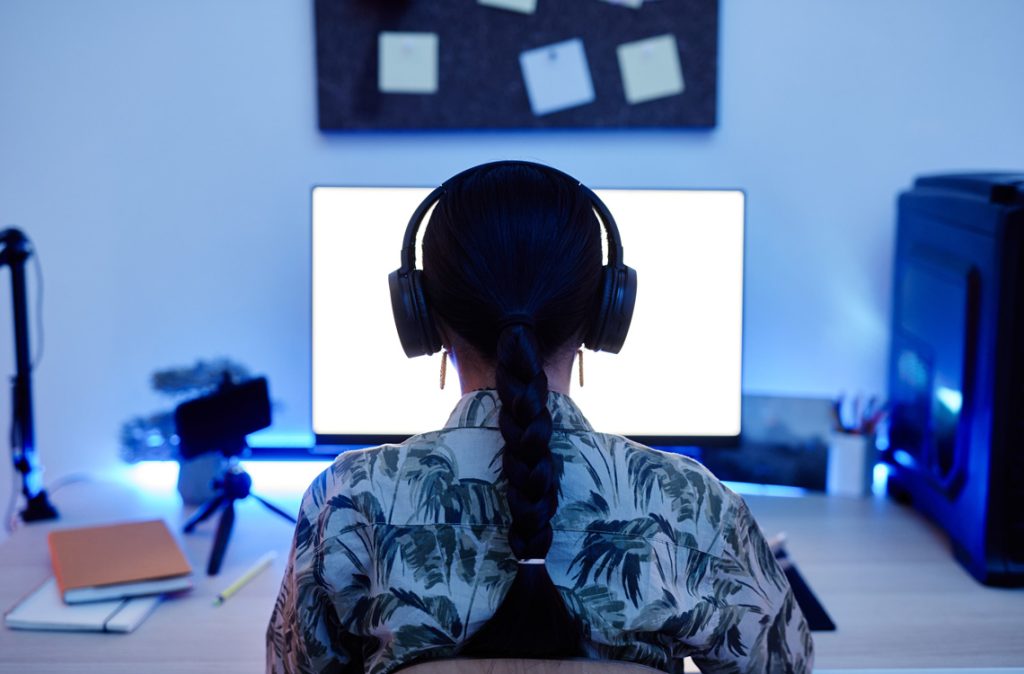These days it’s not so uncommon to see a toddler in a stroller watching YouTube on a portable screen.
In fact, it may even seem like a novelty to find a child without their faces glued to a screen in some way or another.
Let’s be honest, in this digital age, smart devices are impossible to avoid.
This may be the reason why the government is now stepping in in an effort to curtail this pandemic of screen time overuse among our kids.
What Are the New Screen Time Guidelines?
As part of the ‘Grow Well SG’ initiative, the government aims to foster healthier lifestyles among the youth.
These plans aim to address individual lifestyle habits, such as nutrition, sleep, physical activity and of course, screen time.
Through several guidelines, parents are now expected to follow a list of rules when it comes to managing their children’s use of electronic devices such as smartphones, television and tablets.
The Ministry of Health (MOH), in collaboration with the Ministries of Education and Social and Family Development, has introduced stricter screen time recommendations for children up to 12 years old. Key highlights include:
- Infants (below 18 months): No screen time, including background television or devices.
- Toddlers (18 months to 6 years): Limit screen use outside school to less than one hour daily. Passive screen use is discouraged; instead, interactive and educational content is recommended.
- Children (7 to 12 years): Screen use outside school should be limited to less than two hours daily. Parents are advised against giving children unrestricted access to mobile devices or social media platforms.
Sounds reasonable. And it’s probably what many parents are trying to implement in their own households.
These guidelines are not necessarily law, but they do offer a basic foundation for parents to enforce a healthier ‘digital diet’ for their kids.
While not mandatory, it begs the question: should we allow the government to interfere in our parenting?
How Bad Is Excessive Screen Time, Really?
You may be wondering why the government is only now talking about the dangers of excessive screen time.
Health Minister Ong Ye Kung says that recent research shows a stronger correlation between screen use and cognitive development in young children.
Excessive screen time may cause a decline in language skills and shorter attention spans.
It may also result in poor sleep and a sedentary lifestyle.
And there is also the warning about vision problems, dry eye and other visual problems that may impact them. Perhaps not now, but later down when your child grows up.
Hence, there are many reasons why excessive screen time is bad.
So, it’s not totally unwarranted that the government is now stepping in to remind parents to be more vigilant about their kids’ screen use.
As Singapore schools strictly limit the use of smart devices, the responsibility falls on the parents.
Setting a Good Example
A survey by KK Women’s and Children’s Hospital revealed that a significant number of young children in Singapore exceed recommended screen time limits.
This means that in general, parents aren’t really concerned about how much or how often their kids use screens.
However, we must also see from the parents’ point of view.
Busy schedules and household obligations often take too much energy and time without having to deal with a child’s temper tantrum.
The screen then almost doubles like a babysitter.
But for those parents who are truly invested in reducing their child’s screen time, change begins with you.
Children emulate their parents so much, so you have to set a good example for them.
This can include reducing your own screen time to help encourage good behaviour.
Another was is to spend more time outdoors or doing activities that do not require a screen such as table top games or arts and crafts.
Striking a Balance
Singapore’s strict screen time guidelines may rub some parents the wrong way.
After all, it is up to the parents on how we discipline and raise our own kids. The government should have no say at all in the matter.
But there is something to be said too about the negative consequences of excessive screen time. You don’t necessarily have to follow these guidelines verbatim.
After all, your kids may need to spend longer in front of a screen. Not necessarily because of entertainment, but for things like school work and revisions.
So, use your discretion when enforcing screen time.
With your intervention and encouragement, you will be able to successfully help your child find the balance.
With this in mind, we will be one step closer to raising a generation that is not only digitally savvy but holistically healthy as well.
Disclaimer: The information provided in this article is for informational purposes only and should not be considered as medical advice from Mamahood. For any health-related concerns, it is advisable to consult with a qualified healthcare professional or medical practitioner.
For more insightful stories and parenting advice, stay tuned to Mamahood Singapore!
